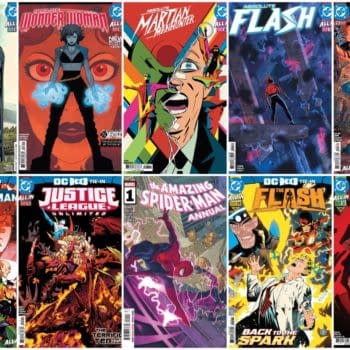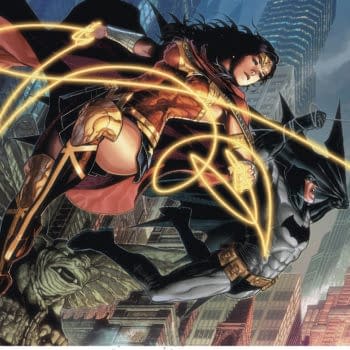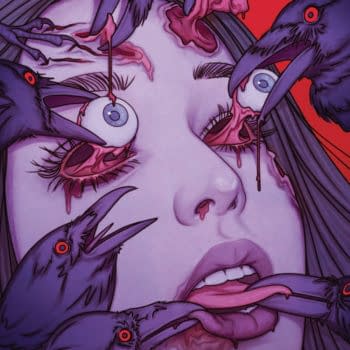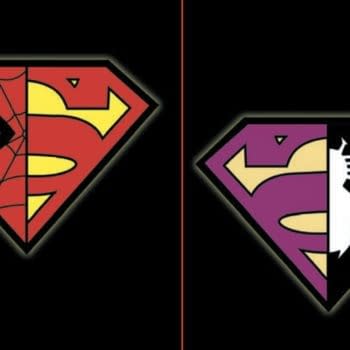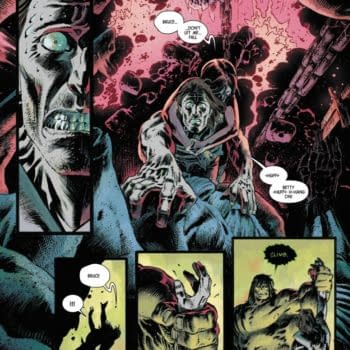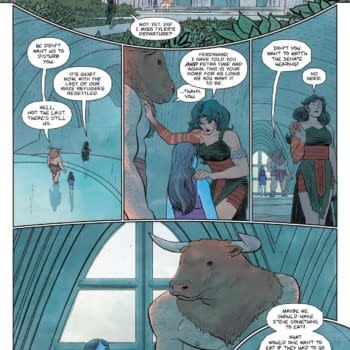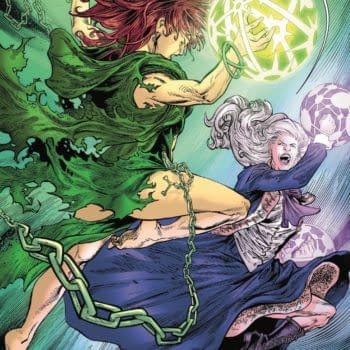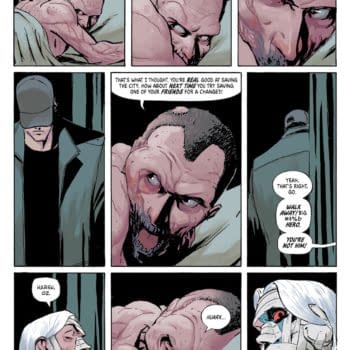Posted in: Comics | Tagged: amazon, Art Spiegelman, cbldf, censorship, graphic novels, Maus
Maus Is Now The Second And Fourth Best-Selling Book On Amazon
Right now, Maus Book One by Art Spiegelman is the second best-selling book on Amazon. The Complete Maus is the fourth best-selling book on Amazon. And Maus Book Two is the eleventh best-selling book on Amazon. They are all the first, second and third best-selling graphic novels on Amazon, with the box-set in fifth place.
And all because a school board in McMinn County, Tennessee unanimously voted to remove Maus, the only graphic novel to win the Pulitzer Prize for literature, from the high school language arts curriculum, citing concerns over profanity and female nudity. Bleeding Cool has been covering a number of graphic novels that have been repeatedly challenged in recent years by school governors, parents and libraries, with a heavy focus on comics that deal with racism, antisemitism, feminist or gay content. But this time it seems that the media is responding far more than usual, possibly because Maus is such a treasured and famous volume, and that this all happened the day before Holocaust Memorial Day. You can read the full transcript of their meeting and their voting decisions right here. Amazon sales had been rising but now they are going stratospheric.
And while it's good to see the comic book rising the Amazon chart, the Streisand effect in full swing, here's something else that might benefit from it. The Maus Teacher's Guide. Might be worth a bump given the circumstances
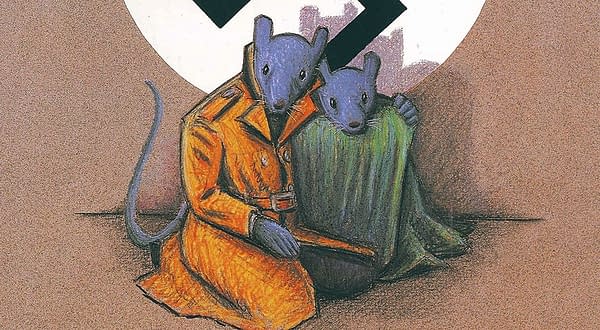
Maus is a graphic novel by American cartoonist Art Spiegelman. Serialized from 1980 to 1991, it depicts Spiegelman interviewing his father about his experiences as a Polish Jew and Holocaust survivor. The work represents Jews as mice and Germans as cats. In 1992, it became the first (and to date only) graphic novel to win a Pulitzer Prize (the Special Award in Letters). Initially set in 1978 in New York City, Spiegelman talks with his father Vladek about his Holocaust experiences, gathering material for the Maus project he is preparing. In the narrative past, Spiegelman depicts these experiences, from the years leading up to World War II to his parents' liberation from the Nazi concentration camps. Much of the story revolves around Spiegelman's troubled relationship with his father, and the absence of his mother, who took her own life when he was 20. A collected volume of the first six chapters that appeared in 1986 brought the book mainstream attention; a second volume collected the remaining chapters in 1991. Maus was one of the first graphic novels to receive significant academic attention in the English-speaking world.






